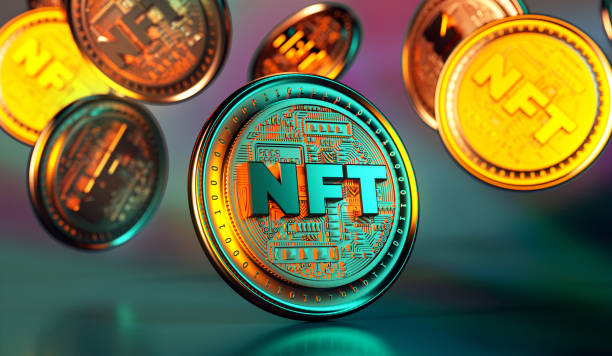

As blockchain technology and digital asset markets continue to mature, Stock NFTs are emerging as an innovative financial instrument attracting increasing attention from capital markets. From an industry trend perspective, Stock NFTs are not only the result of integrating traditional finance with digital finance but may also become one of the dominant forms of securities trading in the future.
The digitalization of securities markets has evolved from paper certificates to electronic trading, and the rise of NFT technology offers a new path for further digitization of equity certificates. Through on-chain ownership verification and unique identifiers, Stock NFTs ensure that every share of equity can be transparently tracked. This transparency and efficiency align closely with the developmental trajectory of global capital markets.
Unlike traditional centralized exchanges, Stock NFTs can circulate freely on decentralized platforms, reducing reliance on single markets or intermediaries. This trend enhances trading flexibility while creating new opportunities for cross-border investments, fractional ownership, and liquidity improvements across markets.
The rise of Stock NFTs inevitably brings regulatory considerations. Regulators around the world are exploring how to classify NFTs within existing securities frameworks while balancing innovation with risk control. The industry trend may lean toward establishing unified international standards that enable Stock NFTs to circulate compliantly on a global scale, thereby accelerating capital market integration.
As more fintech firms, securities exchanges, and blockchain enterprises enter the Stock NFT space, the industry landscape may undergo significant restructuring. On one hand, traditional financial institutions may adopt NFT technology to reinvent their services. On the other, emerging digital platforms may rise rapidly with the flexibility of NFTs, forming a diversified and competitive ecosystem.